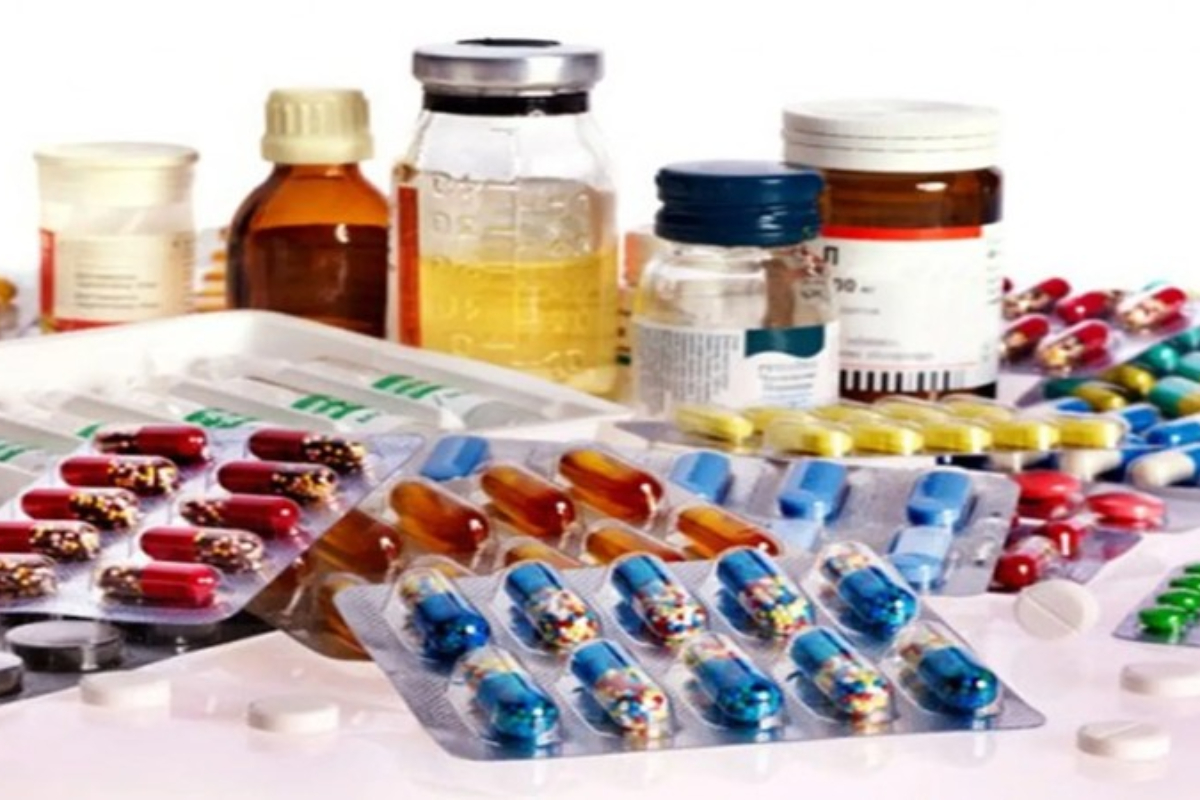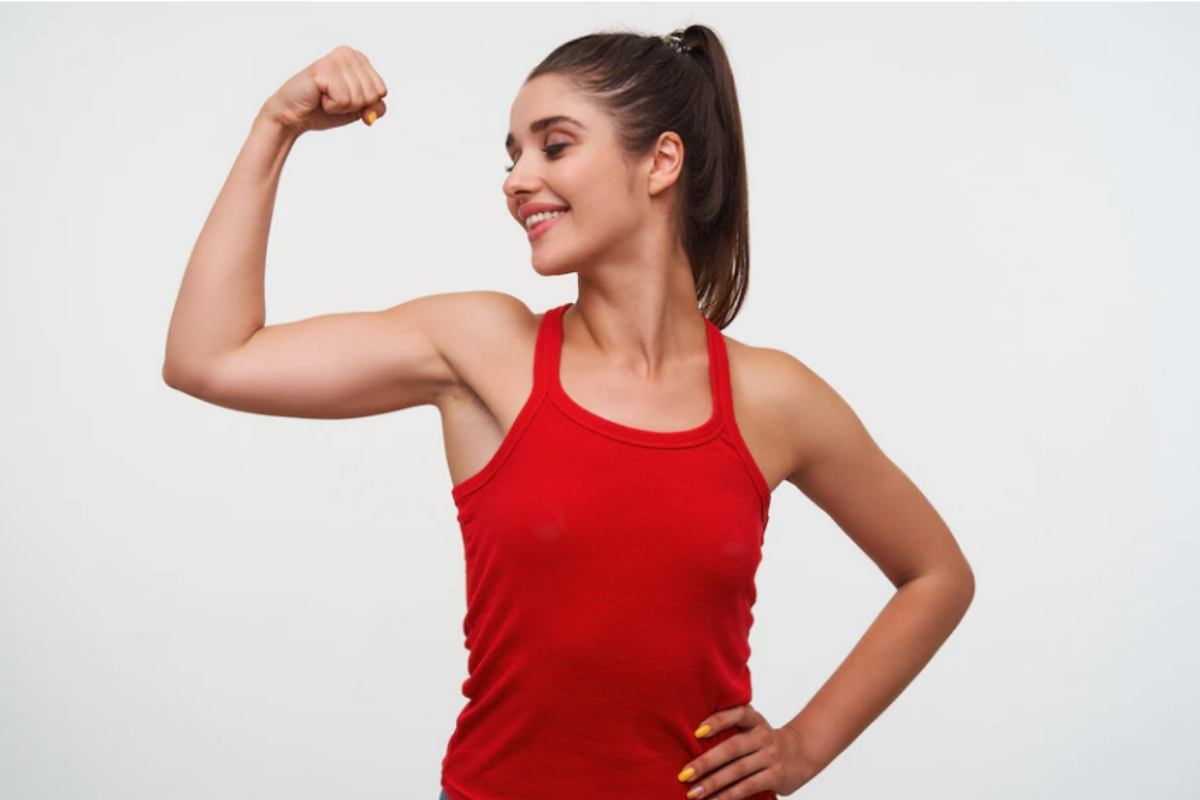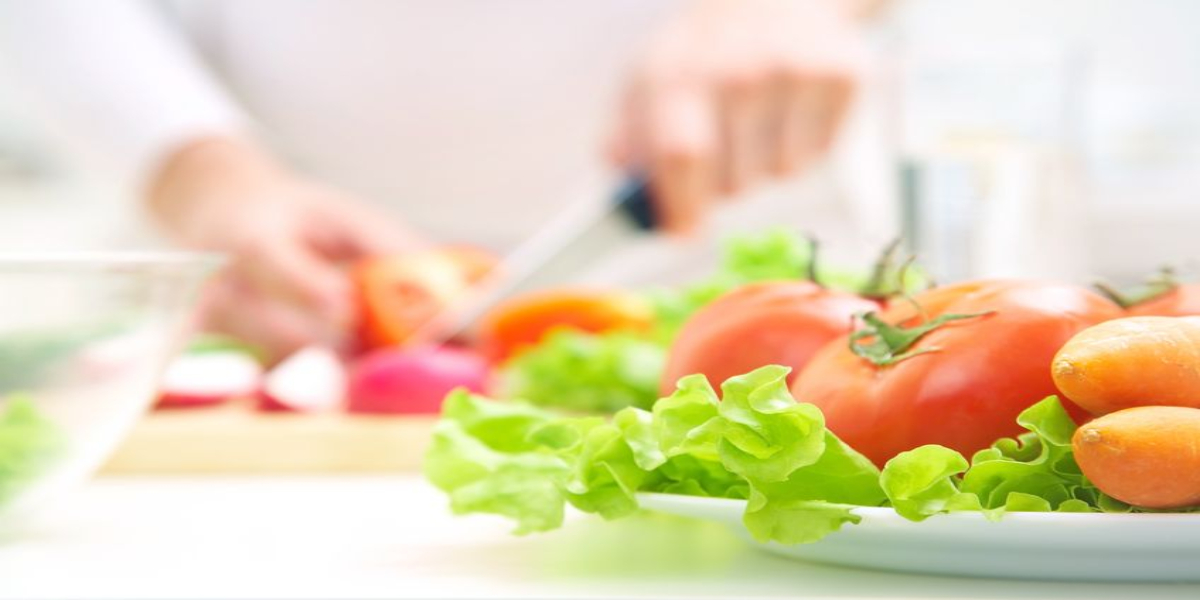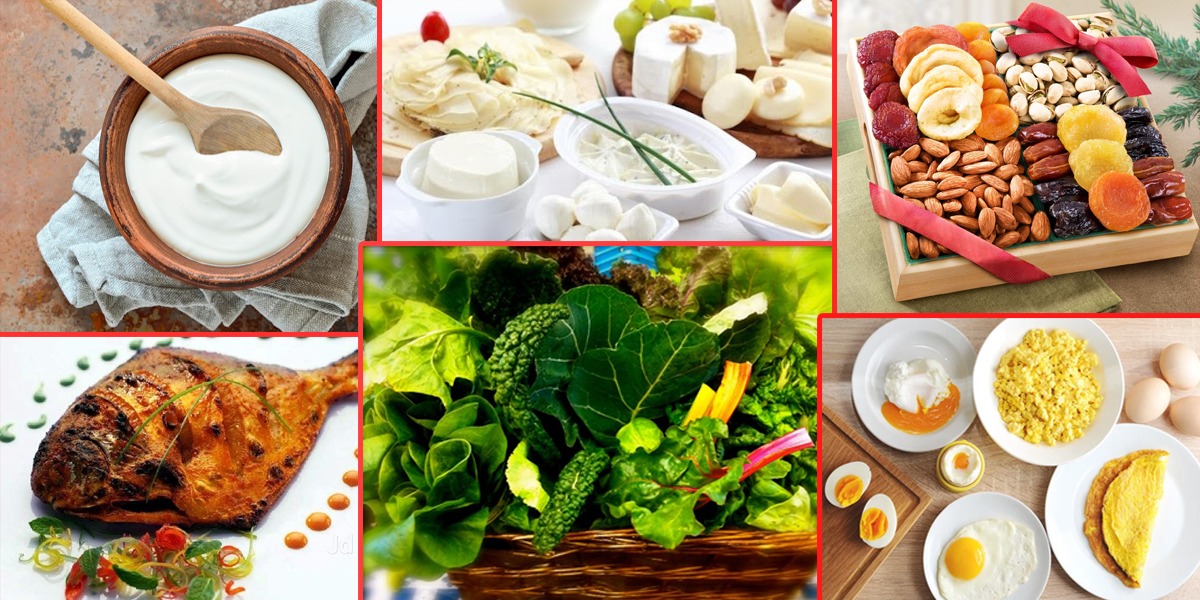- 30% of postmenopausal women have osteoporosis.
- It causes the bones to become brittle, weak and may raise the risk of fractures.
- women need to be aware of the following important information on bone health
The musculoskeletal system of the human body is largely composed of bones as well as soft tissues like ligaments, muscles, tendons, and skin. They serve a number of purposes, including serving as a medium for the creation of blood cells, facilitating motions, storing minerals, safeguarding organs, and providing a structural foundation. According to statistics from the World Health Organization, 30% of postmenopausal women have osteoporosis, which causes the bones to become brittle and weak and may raise the risk of fractures. The warning signs are clear, so women need to be aware of the following important information on bone health:
Bone density diminishes with age: Women often experience a loss in bone density after menopause. This is brought on by a drop in the hormone oestrogen, which supports bone mass maintenance. As a result, fractures and other injuries may become more likely to occur in the bones. To maintain bone health, one can slow down this process and resist it. Regular exercise and eating a well-balanced diet that is high in calcium and vitamin D will help. An alternative is to take nutritional supplements made from the marine alga Lithothamnium Calcareum, which contains the nutrients Calcium, Magnesium, and Boron that help form bones.
For healthy bones, calcium and vitamin D are necessary: It’s critical to consume enough calcium and vitamin D to maintain strong bones. Despite the fact that calcium is a key component of bone formation, Vitamin D aids in the body’s ability to absorb calcium from meals. They aid in lowering the risk of osteoporosis while also promoting bone strength and density. At least 1000–1300 mg of calcium and 400–800 IU of vitamin D should be consumed daily by women. It can be incorporated into a diet regimen as a supplement. Women would greatly benefit from including health items that enhance calcium distribution and absorption in their diets.
Exercise with weight bearing is essential: Bone density can be built and maintained through an exercise that stresses the bones, such as weightlifting, dancing, hiking, running, and jogging. In order to support bone health and general fitness, it is strongly advised that women engage in weight-bearing activity for at least 30 minutes each day, at least four to five times per week. Also, including health items that are abundant in estrogen-like chemicals derived from plants would be incredibly advantageous for women. Such health items support the body’s natural ability to fight inflammation and protect against bone loss.
It should come as no surprise that smoking and heavy alcohol intake can weaken bones and raise the risk of osteoporosis: Women who have osteoporosis are more likely to experience fractures, which can cause discomfort, impairment, and a lower quality of life. Smoking can decrease the amount of calcium that is absorbed by the body, which can exacerbate bone deterioration. Alcohol intake, on the other hand, can hinder the growth of new bone tissue and raise the risk of fractures and falls as a result of how it affects balance and coordination.
Certain drugs, such as corticosteroids, can weaken bones and raise the risk of osteoporosis, affecting bone health: Anticonvulsants, another type of medication, are used to treat seizures. Sadly, they may also prevent the body from absorbing calcium, increasing the risk of bone loss and fractures. Women who use these drugs should talk to their doctor about their bone health. Women, on the other hand, can take supplements that contain NatCaZen, an exclusive mixture with 100% plant-based calcium. It provides adequate bone protection while assisting in increasing bone mineral density.
Having osteoporosis in the family increases risk: An increased chance of getting osteoporosis exists among women who have a family history of the disease. This is due to a number of variables, including possible hormonal changes around menopause, smaller bones than men, and even a longer life expectancy. The fact that osteoporosis-related fractures can be dangerous, particularly in older women, is frightening. Women may, however, take supplements containing Ayurveda herbal extracts like Ashoka, Black Cohosh, and Lodh Bark. Maintaining a healthy balance of oestrogen can help prevent the onset of osteoporosis.
It’s crucial to have regular bone density tests: With their doctors, women should discuss the necessity of routine bone density examinations, particularly as they age. They assist in determining the risk of osteoporosis and periodically track bone health. The test serves as the foundation for receiving therapies to stop further bone loss and lower fracture rates.
“It’s crucial for women to take efforts to preserve their bone health throughout their lives,” says Shikha Dwivedi, a dietitian and nutritionist at OZiva. This includes maintaining a balanced diet, obtaining enough exercise, and abstaining from risky behaviours like smoking and binge drinking.
[embedpost slug=”eat-these-super-food-to-build-healthy-bones/”]
Read more




